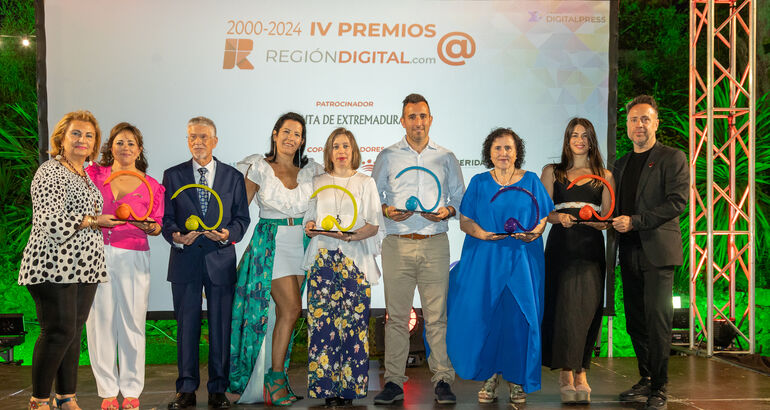Martural, new member of the Extremadura Tourism Cluster
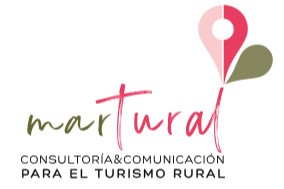 The Extremadura Tourism Cluster welcomes Martural, a company dedicated to transforming rural areas into unique and sustainable tourist destinations. Their inclusion strengthens the Cluster’s mission to boost the region’s tourism development, promoting Extremadura’s cultural and natural wealth.
The Extremadura Tourism Cluster welcomes Martural, a company dedicated to transforming rural areas into unique and sustainable tourist destinations. Their inclusion strengthens the Cluster’s mission to boost the region’s tourism development, promoting Extremadura’s cultural and natural wealth.
Innovation and Commitment to the Rural World
Martural specialises in showcasing the best of each rural area, from its landscapes and traditions to its untold stories. The company focuses on collaborating with local communities to create attractive destinations that reflect the essence of each place. Its work not only aims to attract those who love rural tourism but also to revitalise the local economy and preserve cultural heritage.
The services it offers include:
- Tourism Consultancy: Assists in transforming any territory into a competitive and desirable destination.
- Tourism Marketing: Designs strategies that connect the destination’s stories and essence with the hearts of travellers.
- Technical Assistance and Training: Supports communities in the sustainable growth of their projects and promotes continuous learning.
A Shared Vision
Martural’s inclusion in the Extremadura Tourism Cluster strengthens the commitment to sustainable development and respect for rural areas. Its collaboration-focused and impact-driven approach aligns perfectly with the Cluster’s objectives of positioning Extremadura as a leading tourist destination, highlighting its authenticity and connection to heritage. With this new partnership, Martural and the Cluster will work together to boost rural tourism in Extremadura, creating opportunities, preserving cultural heritage, and building stronger communities.
Welcome to the Cluster, Martural. A new chapter begins for rural tourism in the region!



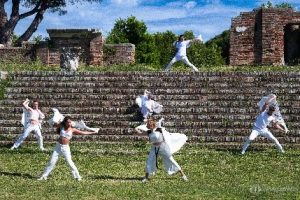
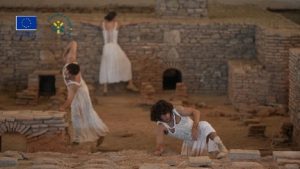
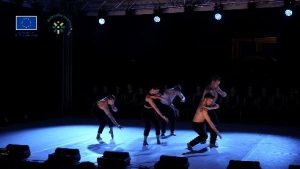
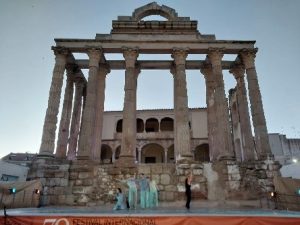
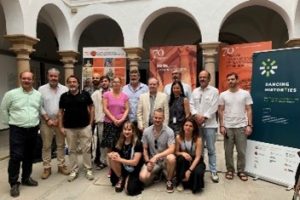 For this 70th edition, the Festival Internacional de Teatro Clasico de Mérida has staged a series of activities in line with the project values and concepts. At the same time, it has promoted several archaeological spaces in town that during the shows have involved the community and promoted the potential of using the city’s cultural heritage. “Diálogo” is the word that defines Dancing Histor(y)ies, the dialogue between the performing arts and cultural heritage, the dialogue between institutions and different countries. Proof is the fact that culture is a key to open doors to cross borders and establish collaborations. The artistic partners who presented their shows were ilDance, with a staging at the Roman Forum ‘Un día seremos estatuas’, and the group 420PEOPLE, with “Ícaro” at the Templo de Diana.
For this 70th edition, the Festival Internacional de Teatro Clasico de Mérida has staged a series of activities in line with the project values and concepts. At the same time, it has promoted several archaeological spaces in town that during the shows have involved the community and promoted the potential of using the city’s cultural heritage. “Diálogo” is the word that defines Dancing Histor(y)ies, the dialogue between the performing arts and cultural heritage, the dialogue between institutions and different countries. Proof is the fact that culture is a key to open doors to cross borders and establish collaborations. The artistic partners who presented their shows were ilDance, with a staging at the Roman Forum ‘Un día seremos estatuas’, and the group 420PEOPLE, with “Ícaro” at the Templo de Diana.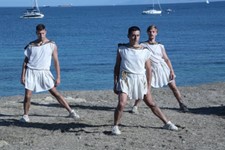
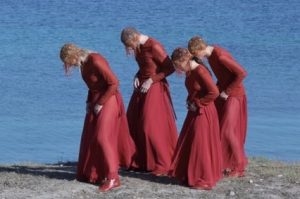

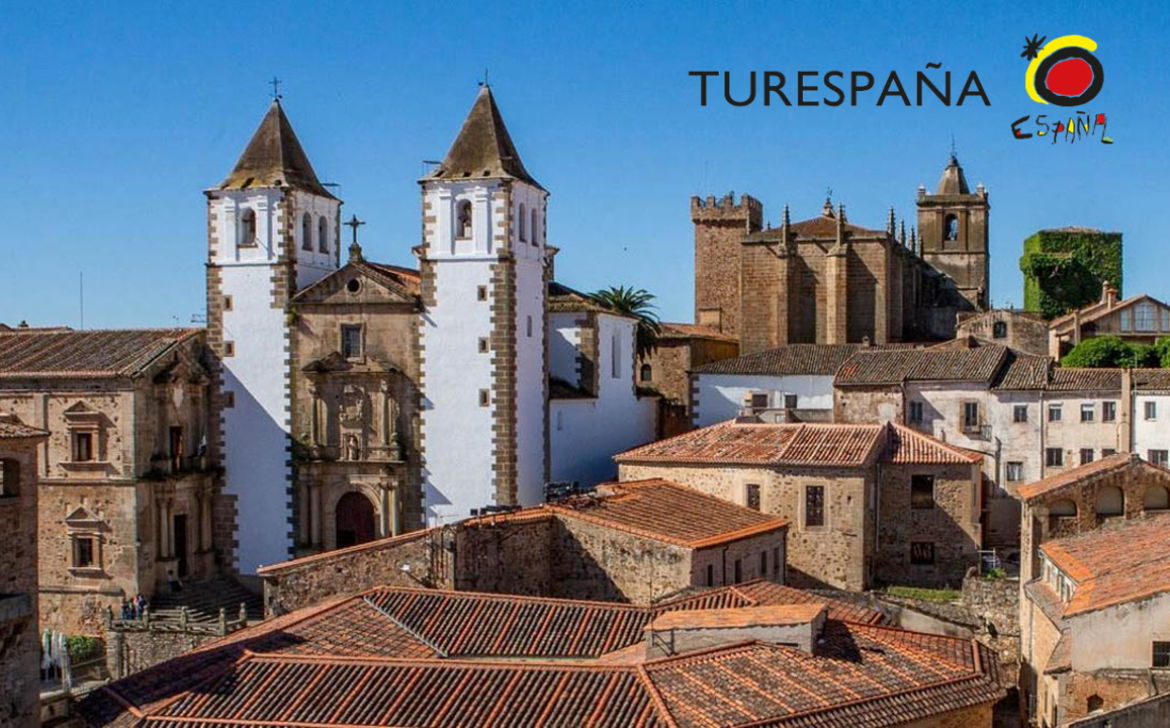
 The Extremadura Tourism Cluster is pleased to express our satisfaction with the selection of Cáceres as the host city for the 5th TURESPAÑA Convention in 2025. This event, presented by the Department of Culture, Tourism, Youth, and Sports of the Government of Extremadura, will not only benefit the city but also bring greater visibility to the entire region.
The Extremadura Tourism Cluster is pleased to express our satisfaction with the selection of Cáceres as the host city for the 5th TURESPAÑA Convention in 2025. This event, presented by the Department of Culture, Tourism, Youth, and Sports of the Government of Extremadura, will not only benefit the city but also bring greater visibility to the entire region.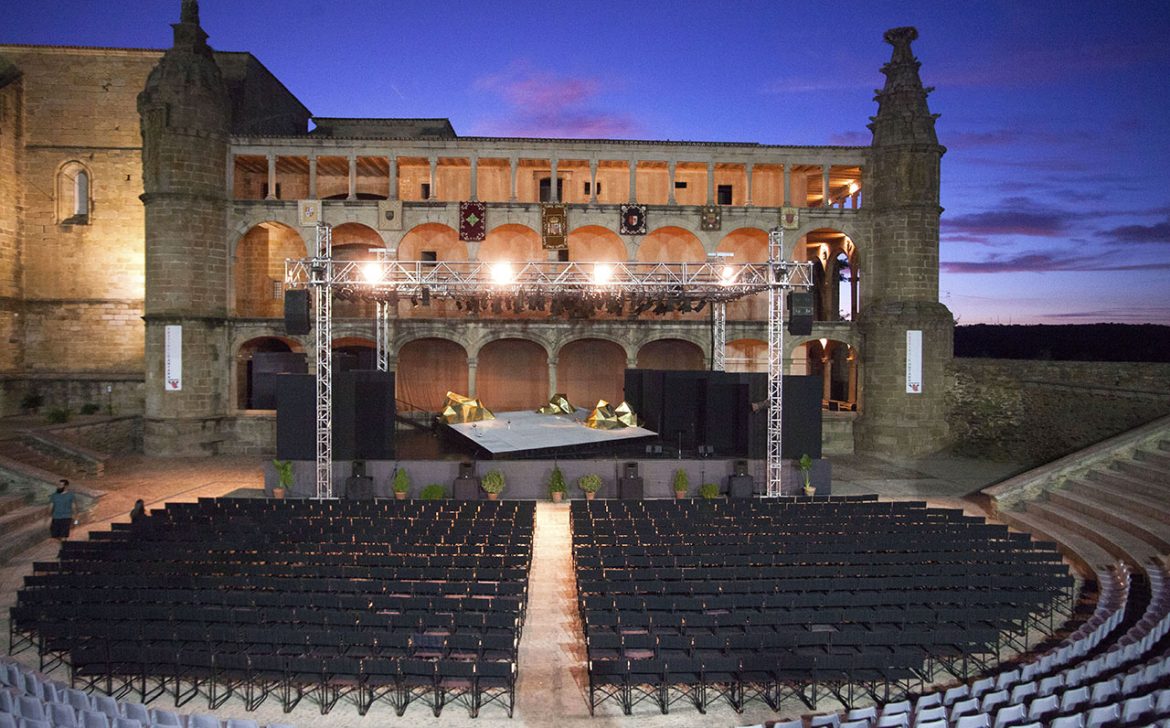
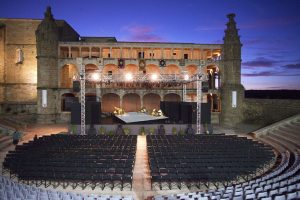
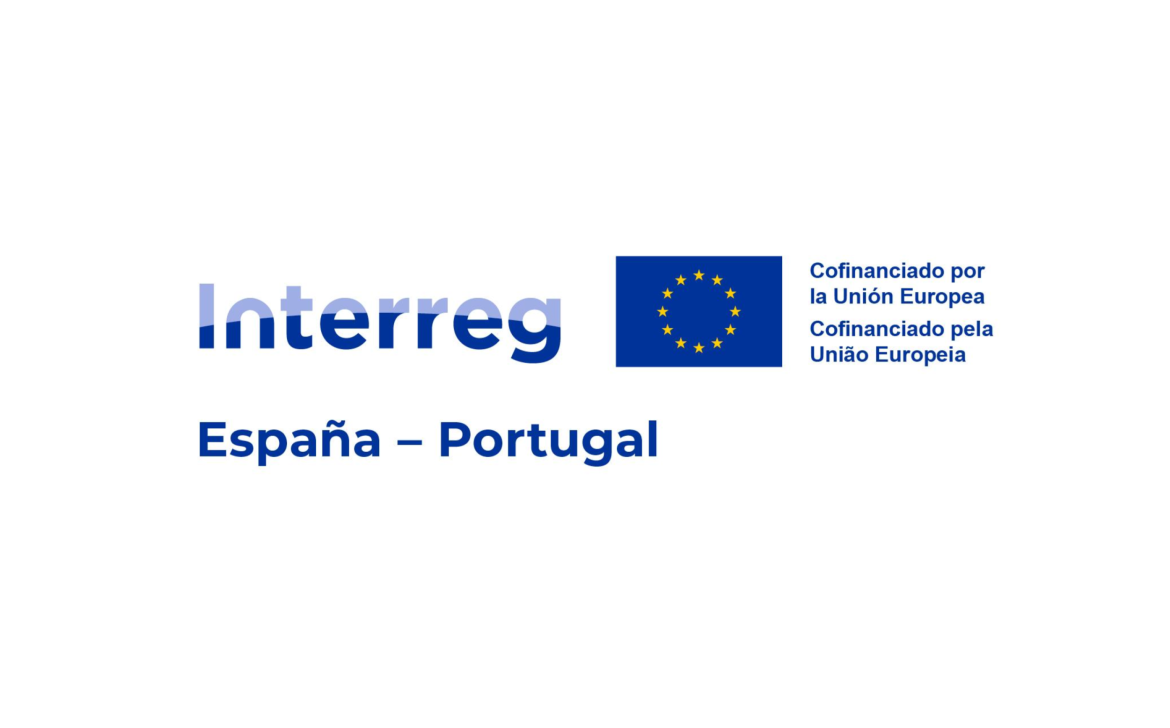
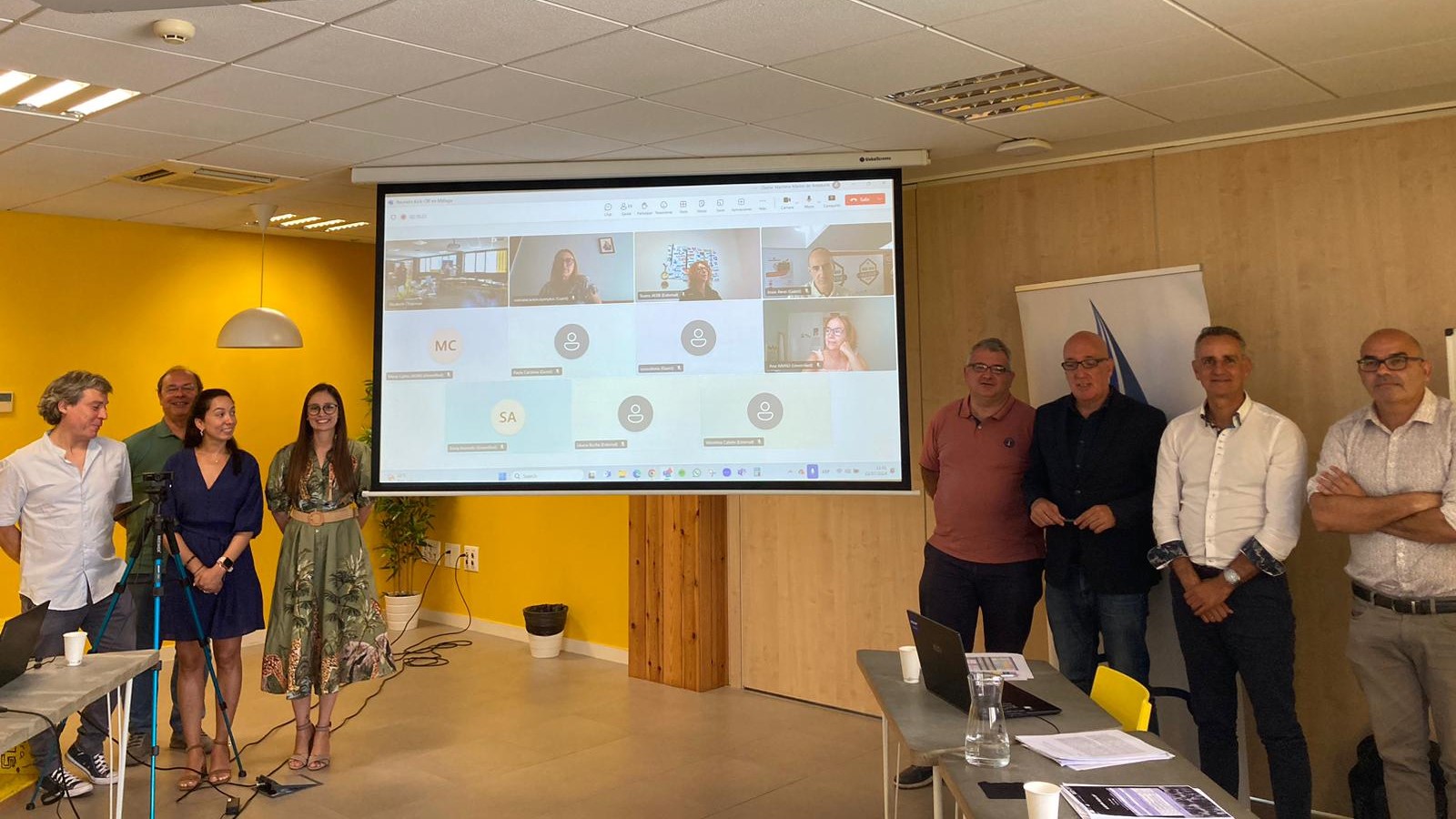
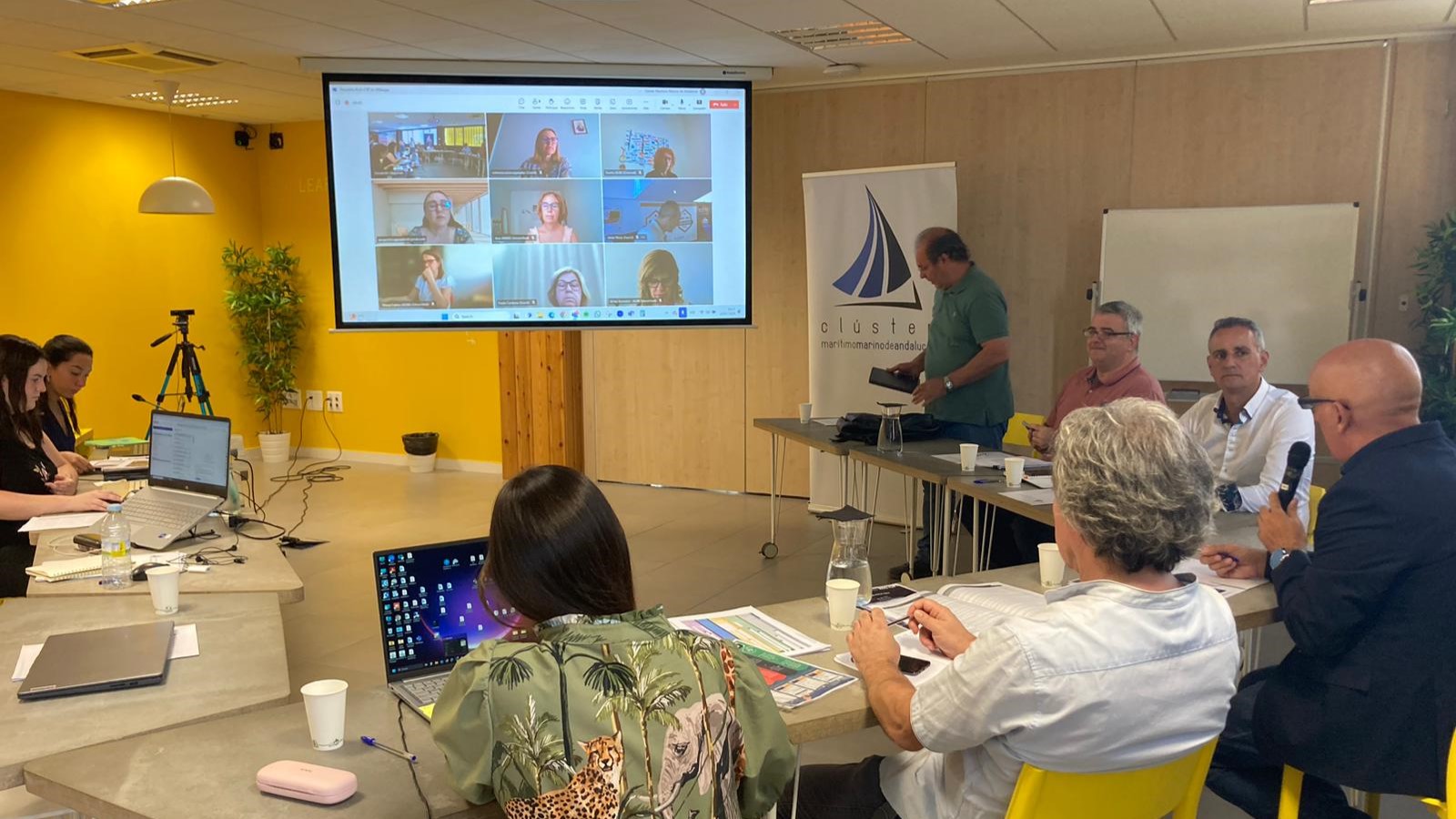
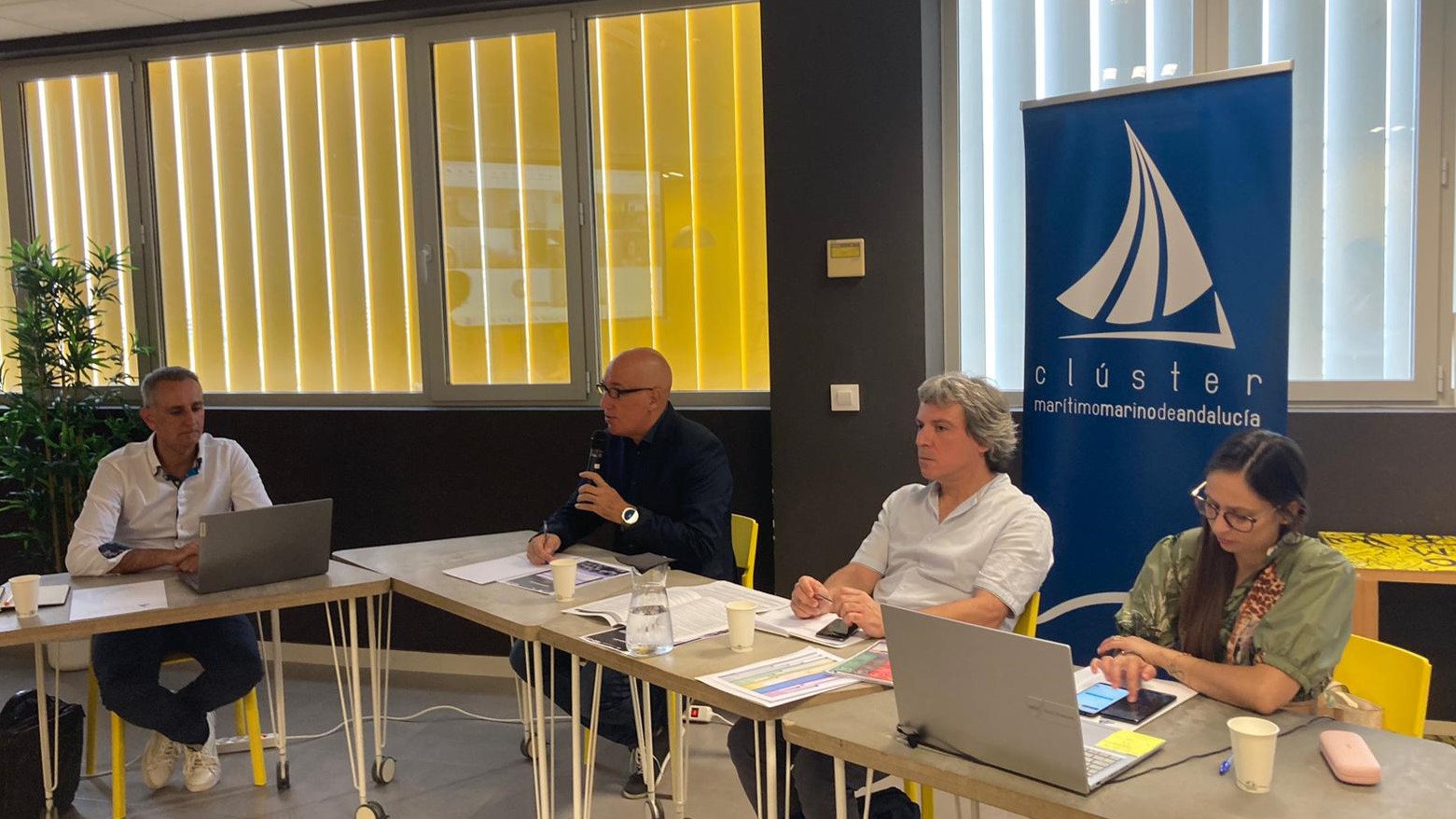
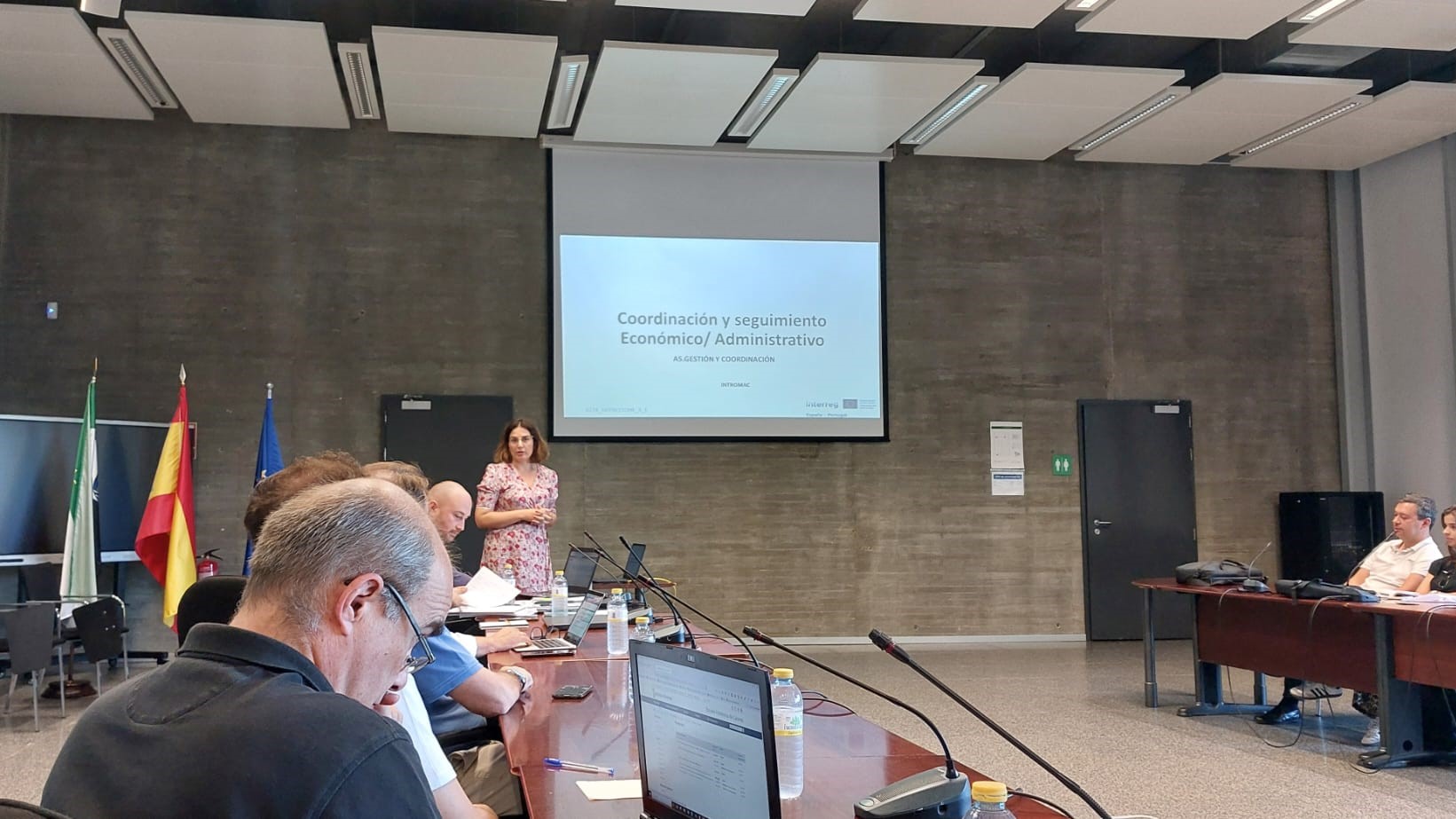
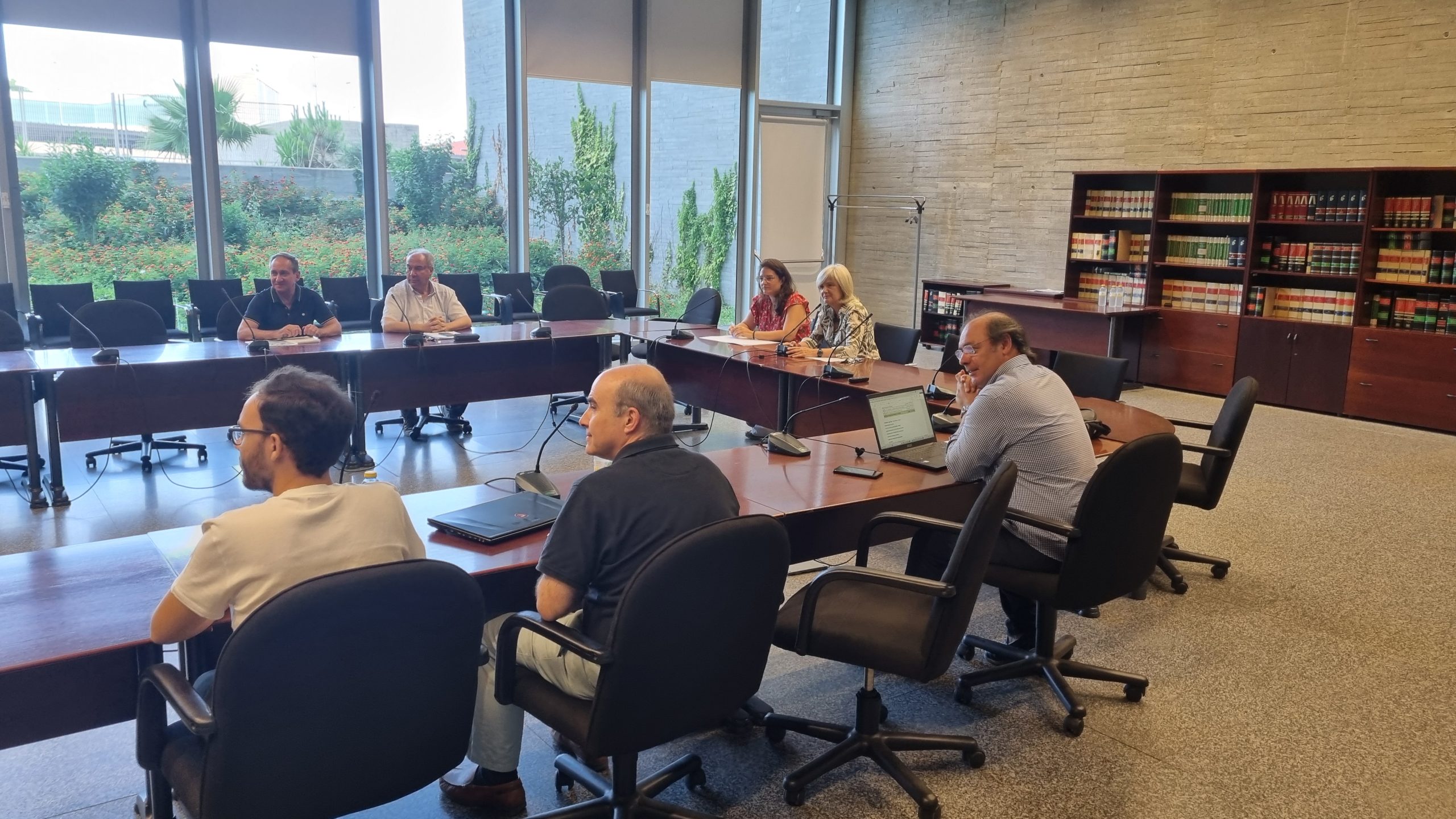
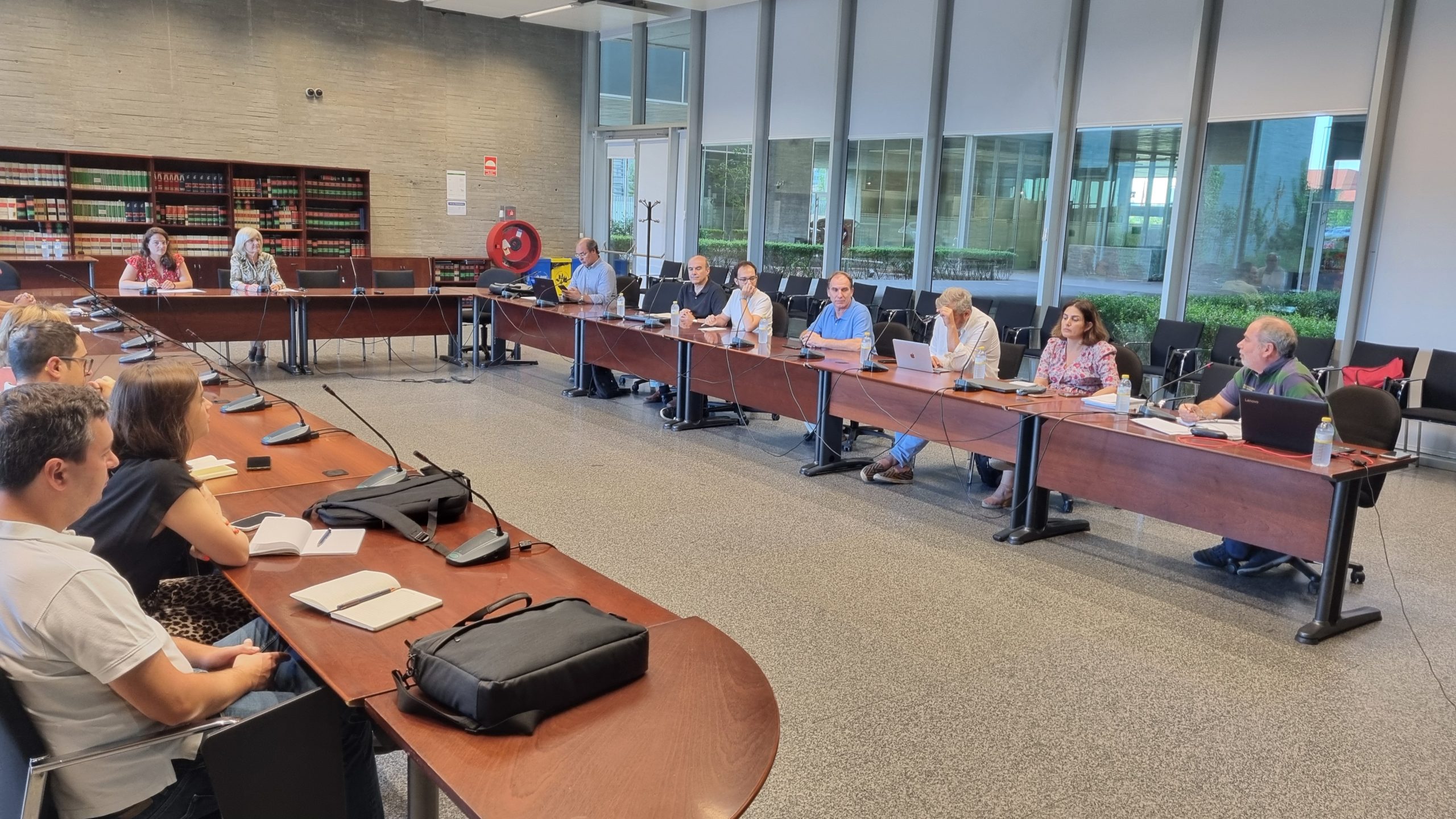

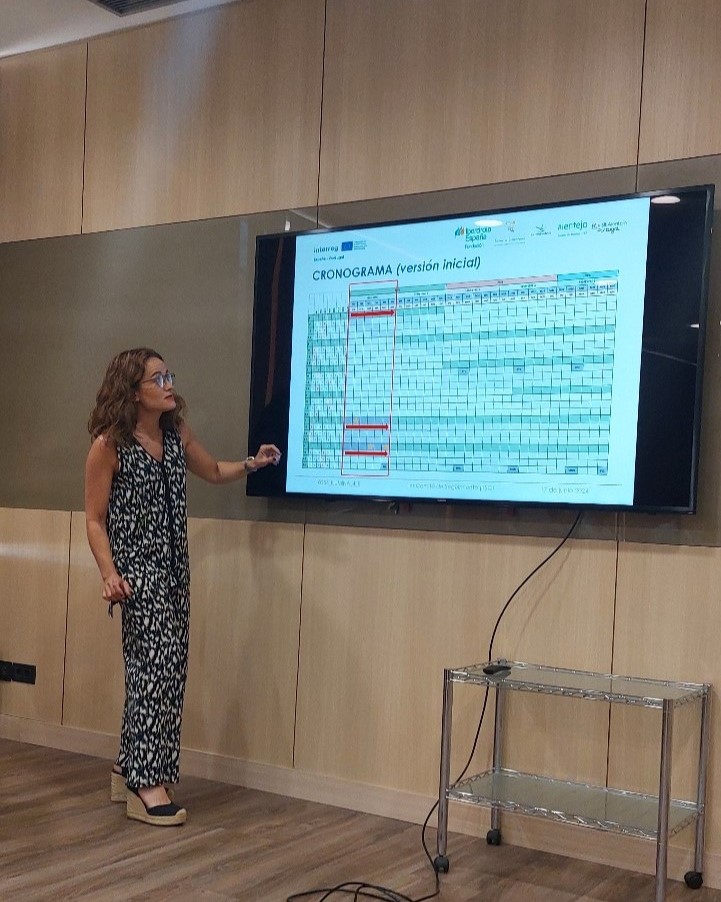
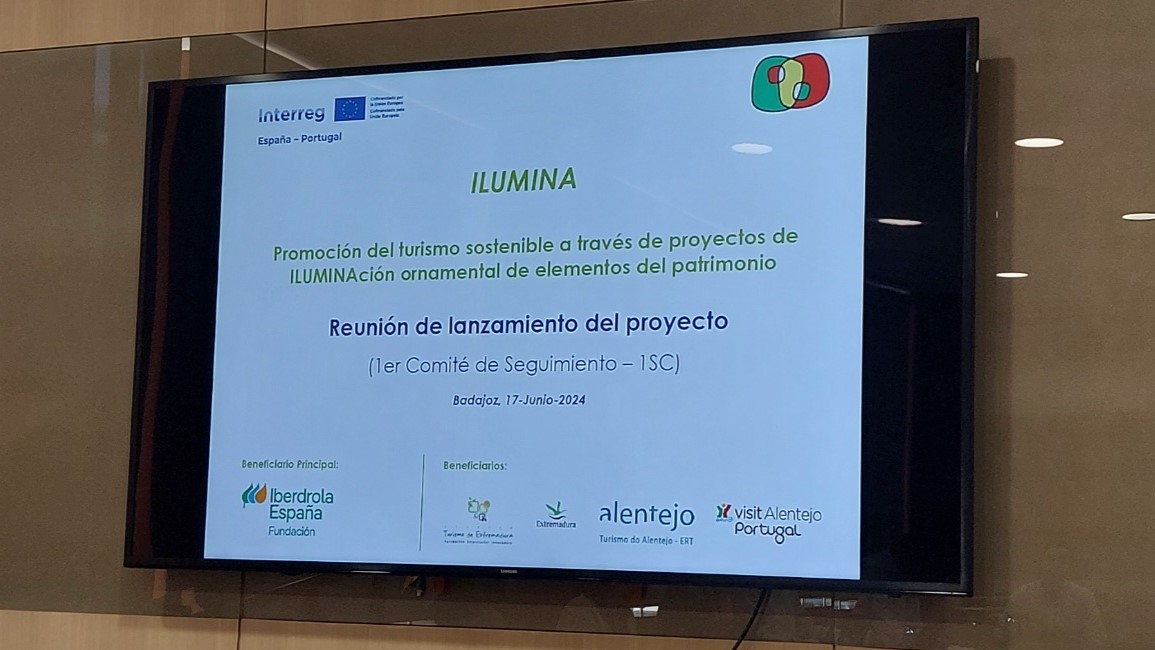
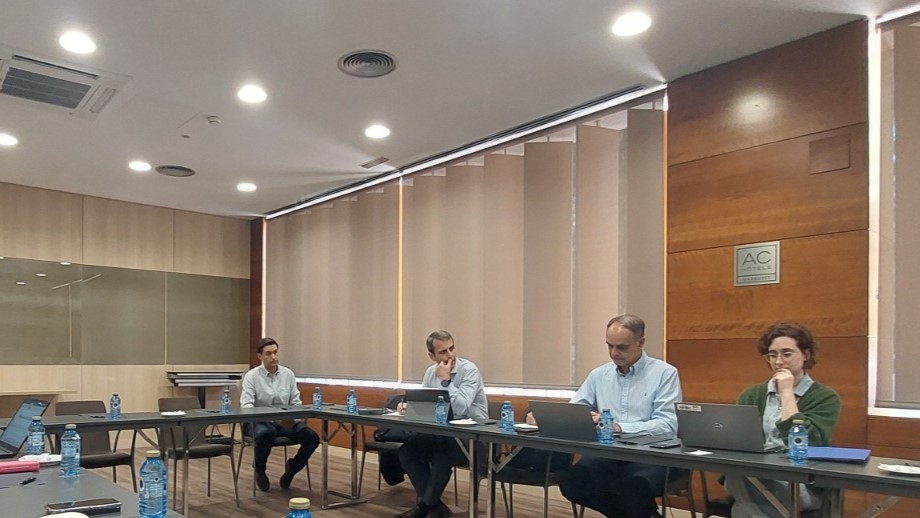
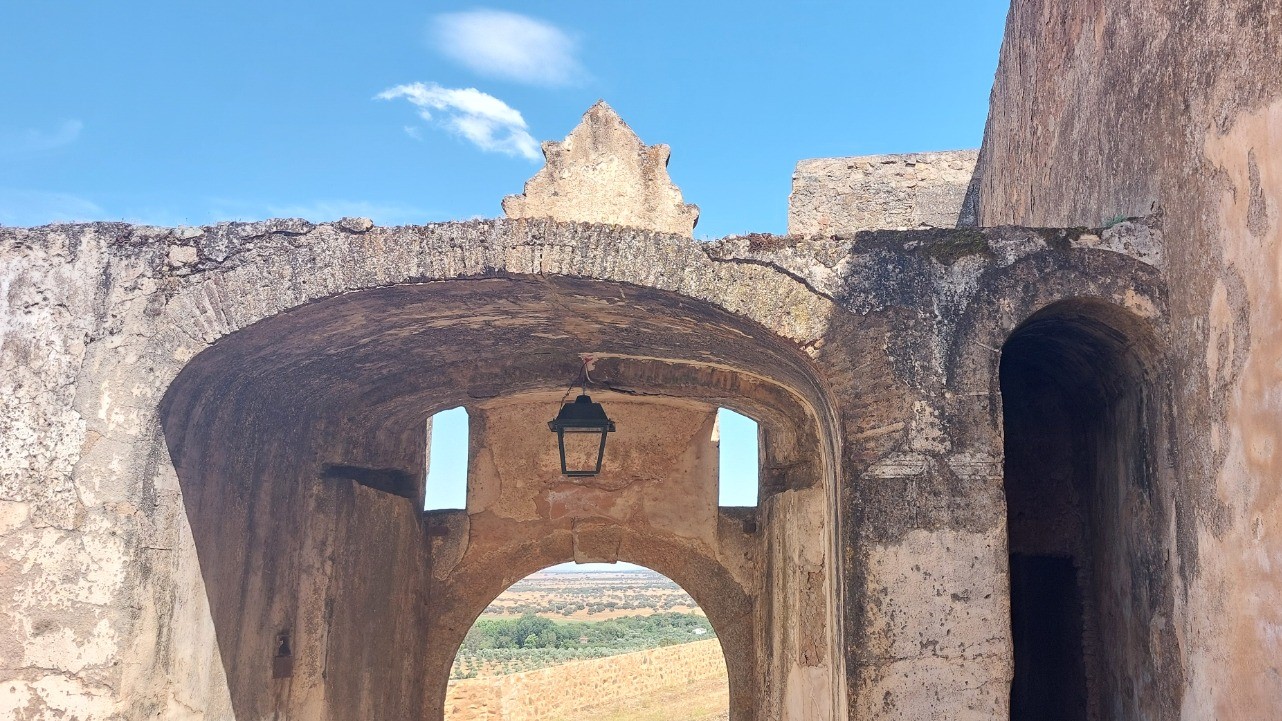
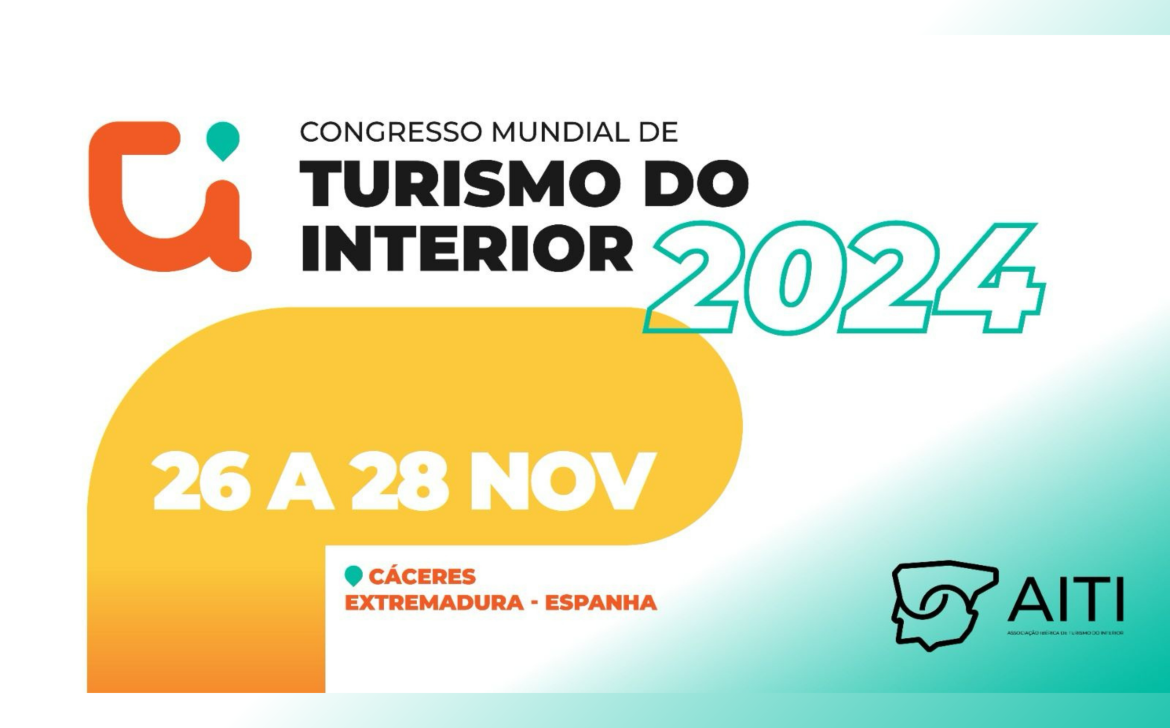
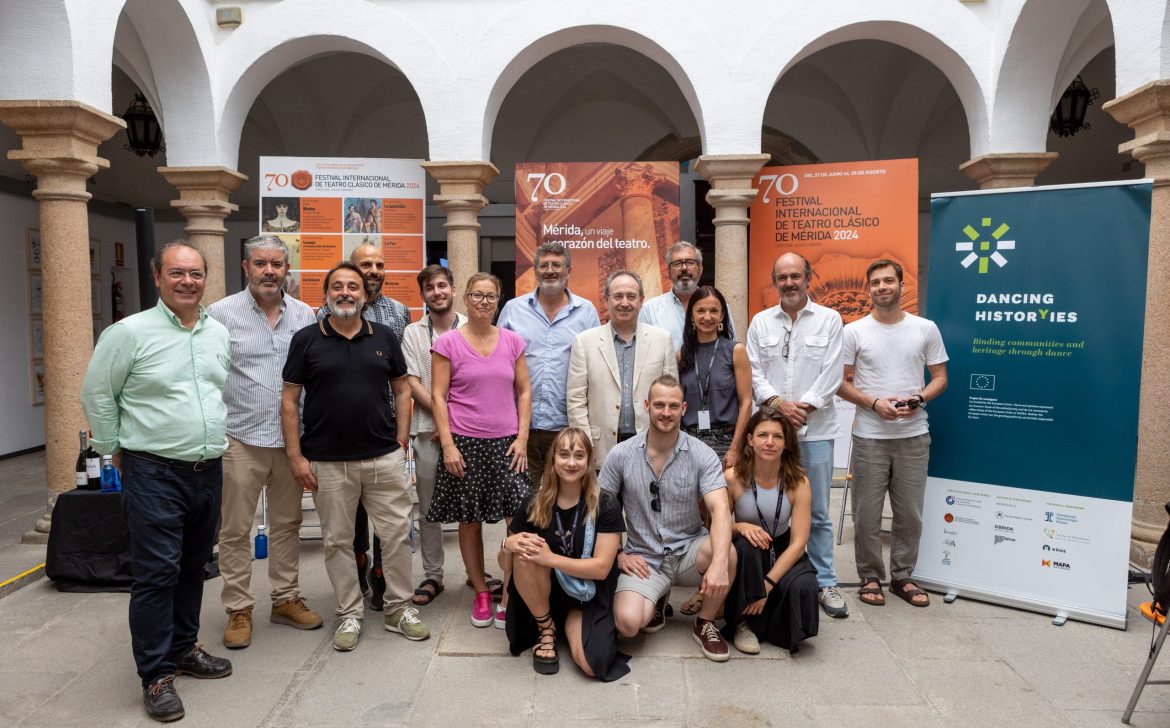
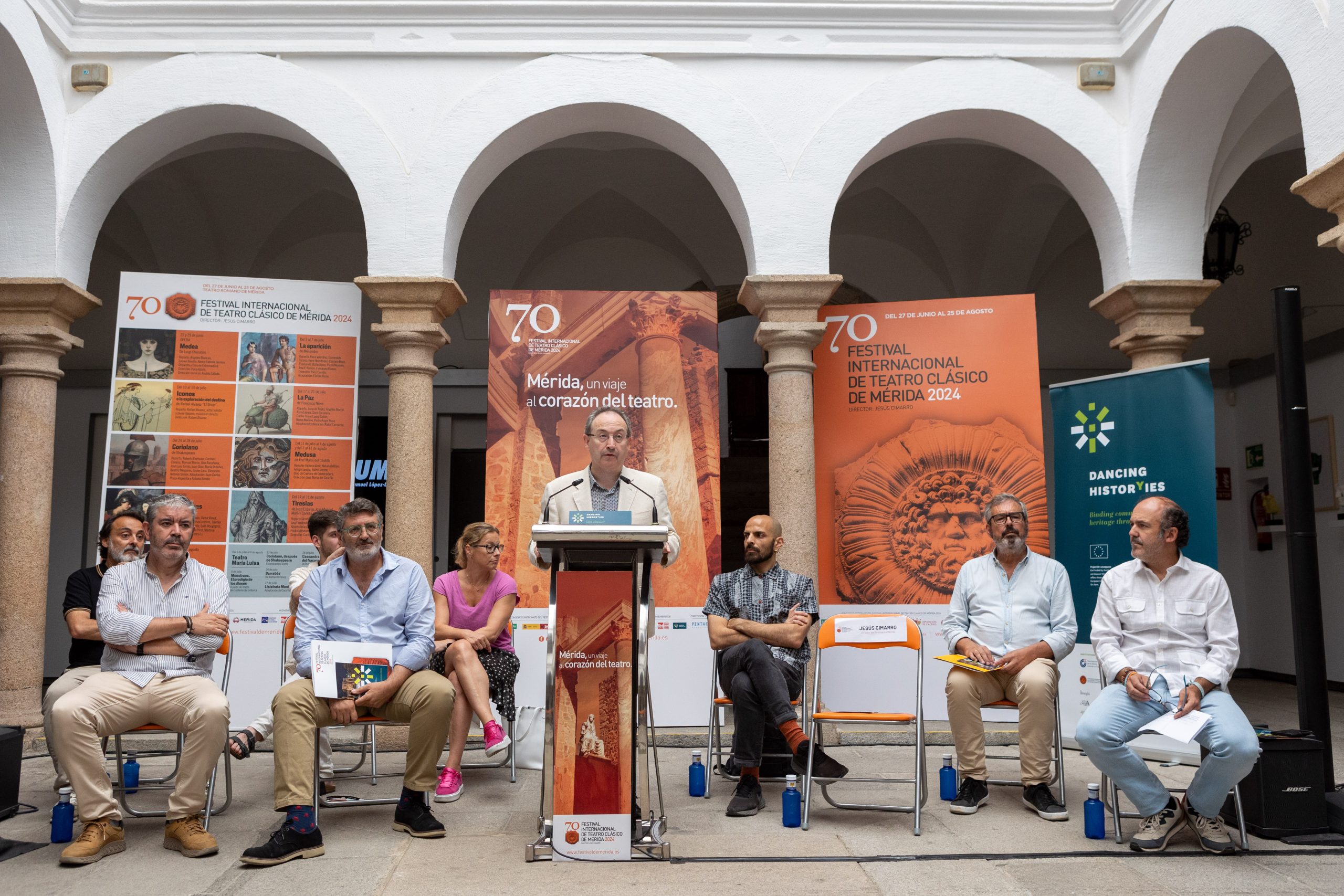
 Antonio Marín, Director of the Centre for Performing Arts and Music of Extremadura (CEMART), emphasised that “dialogue” is the word that defines Dancing Histor(y)ies, highlighting the importance of communication between performing arts and heritage, among different institutions, and across various countries. This approach demonstrates that “culture is a key that opens doors to cross borders and establish collaborations.” Marín also noted that the Mérida Festival is the only event held in four archaeological sites, reinforcing its uniqueness and commitment to heritage conservation while crossing borders throughout Europe.
Antonio Marín, Director of the Centre for Performing Arts and Music of Extremadura (CEMART), emphasised that “dialogue” is the word that defines Dancing Histor(y)ies, highlighting the importance of communication between performing arts and heritage, among different institutions, and across various countries. This approach demonstrates that “culture is a key that opens doors to cross borders and establish collaborations.” Marín also noted that the Mérida Festival is the only event held in four archaeological sites, reinforcing its uniqueness and commitment to heritage conservation while crossing borders throughout Europe.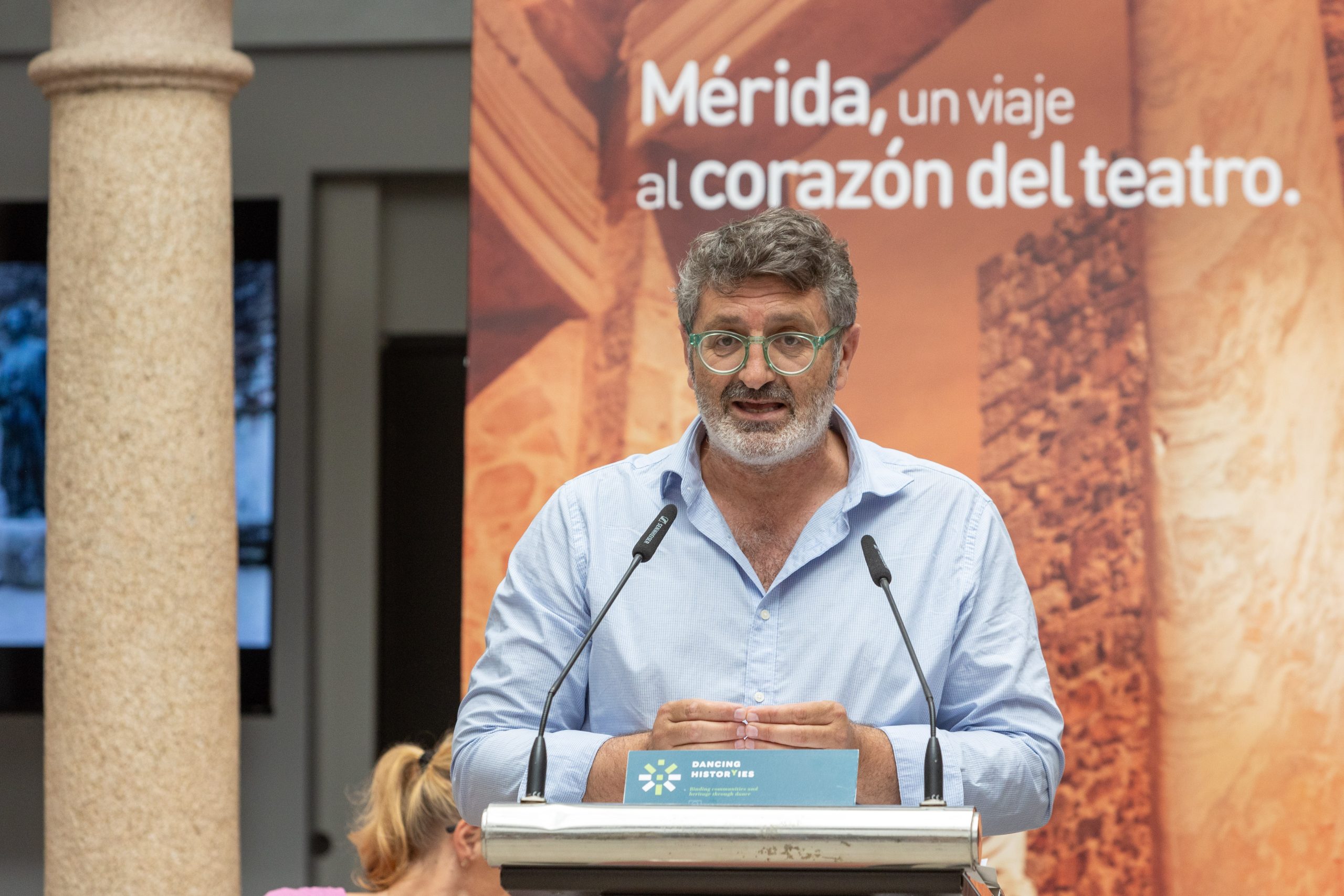
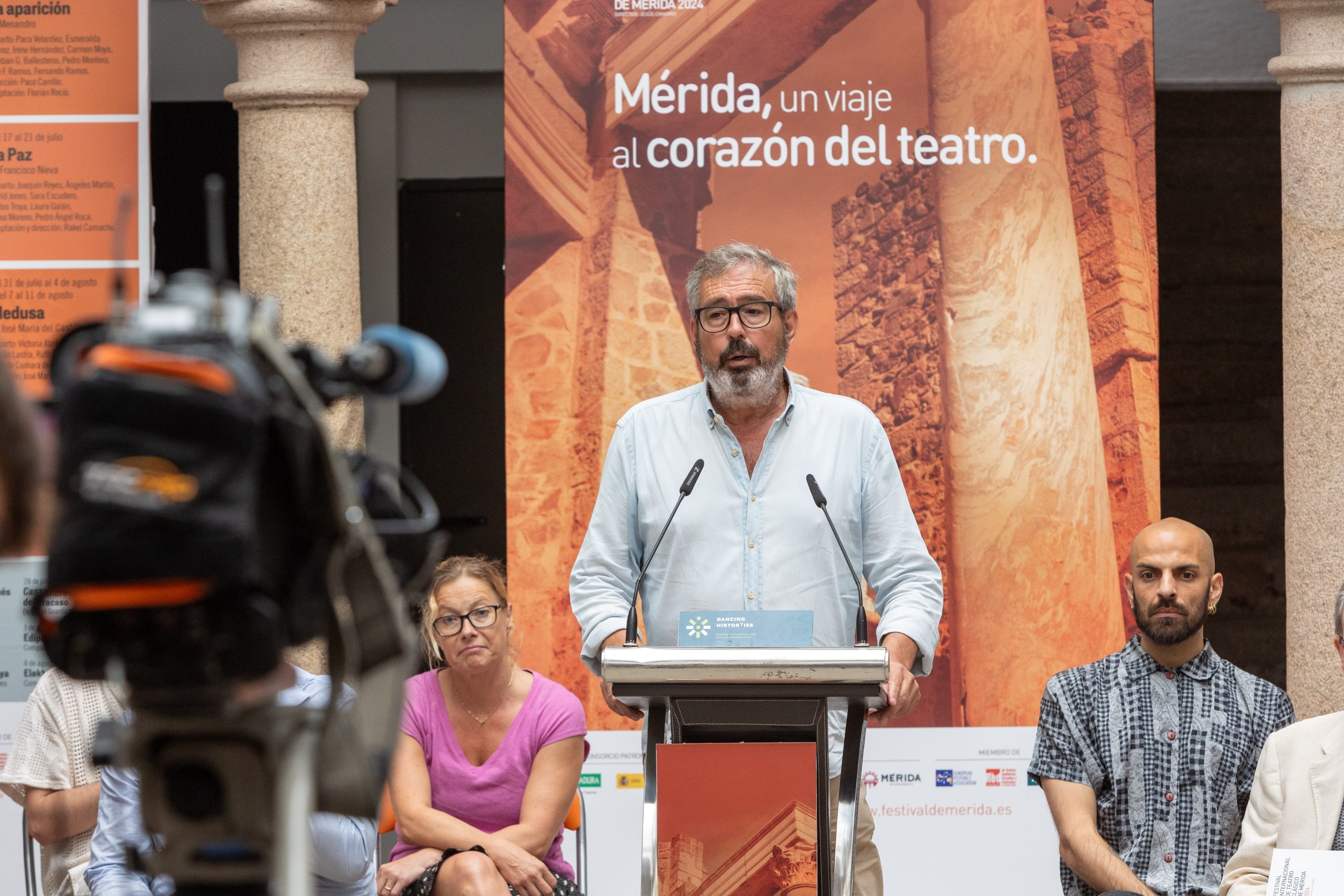
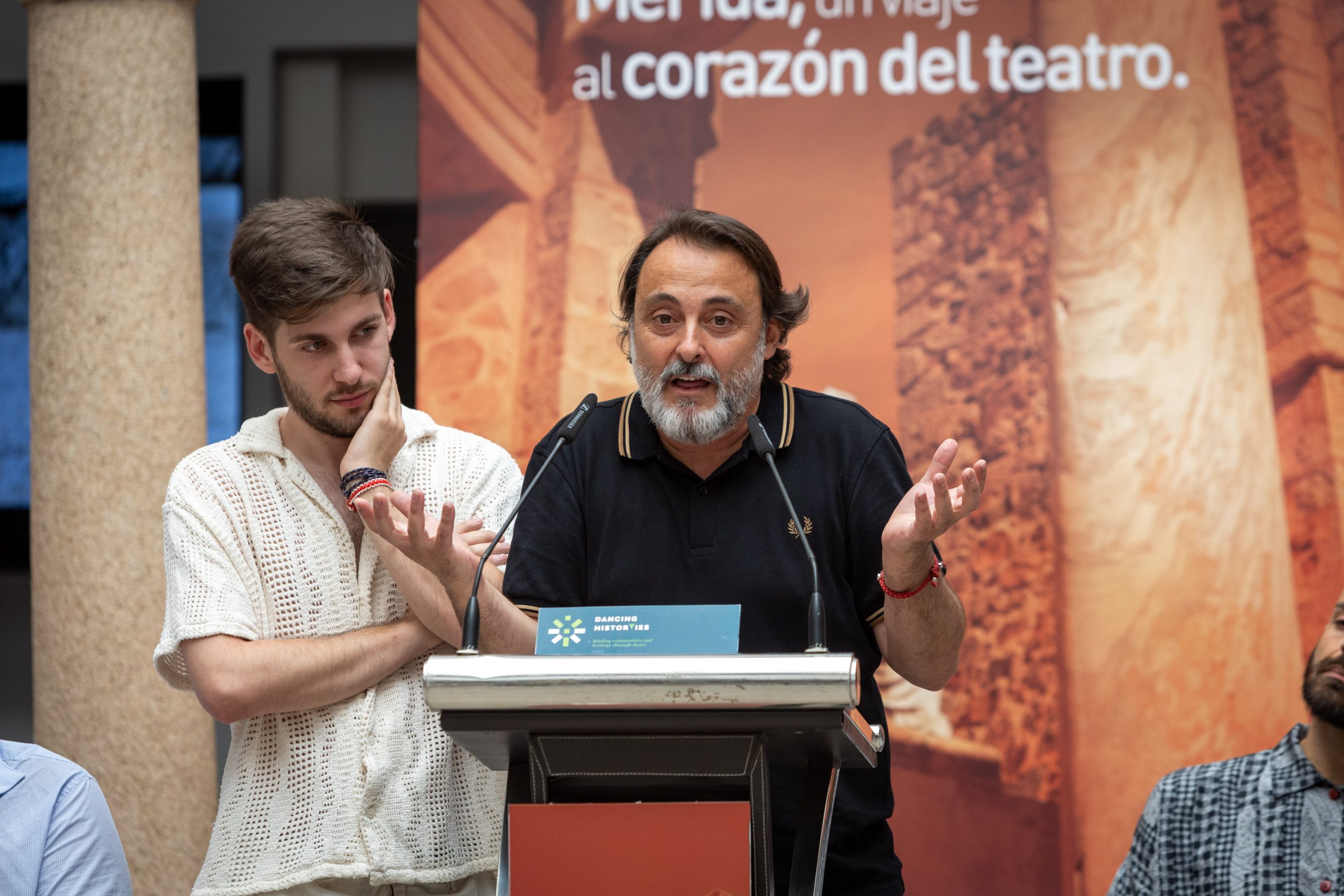
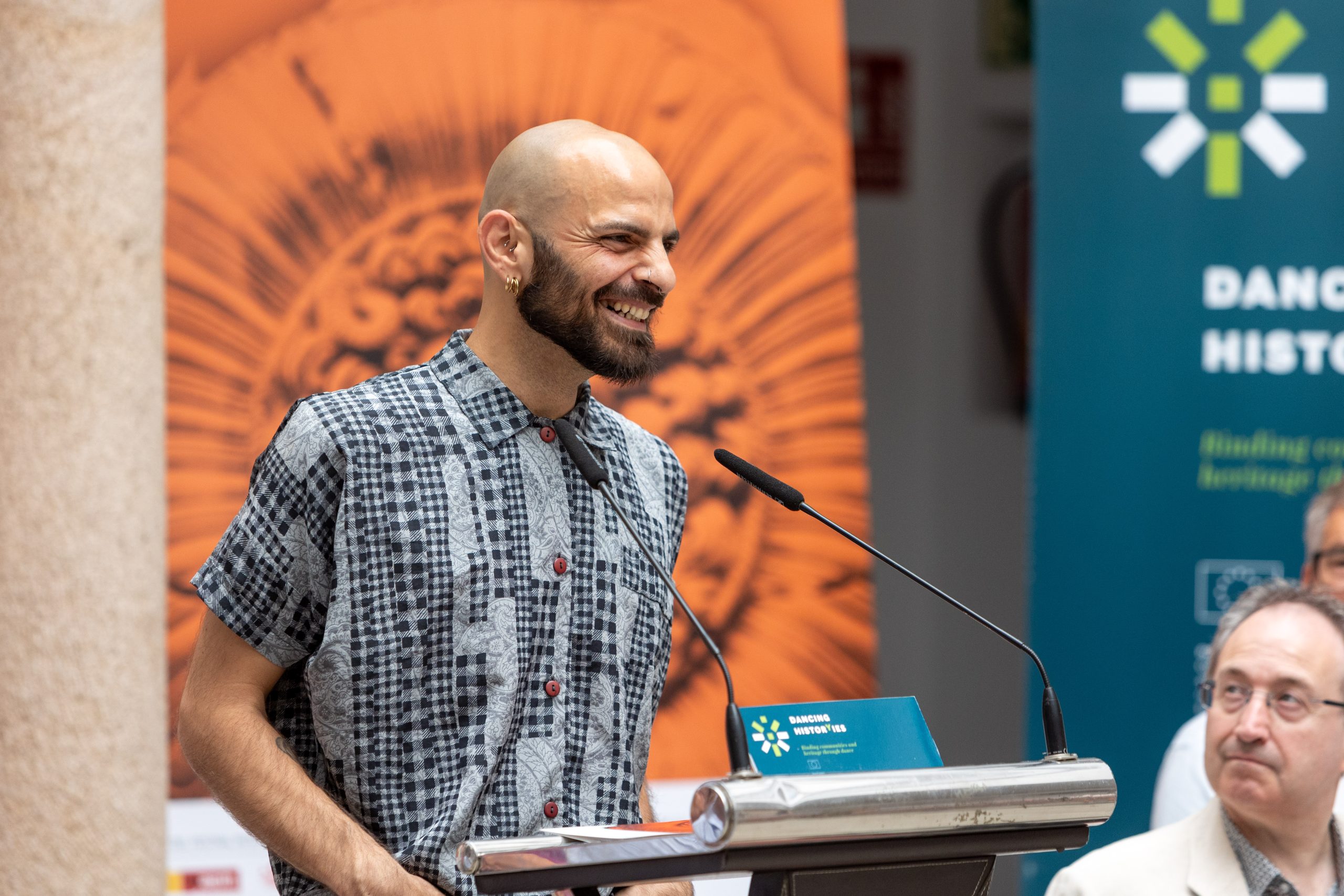
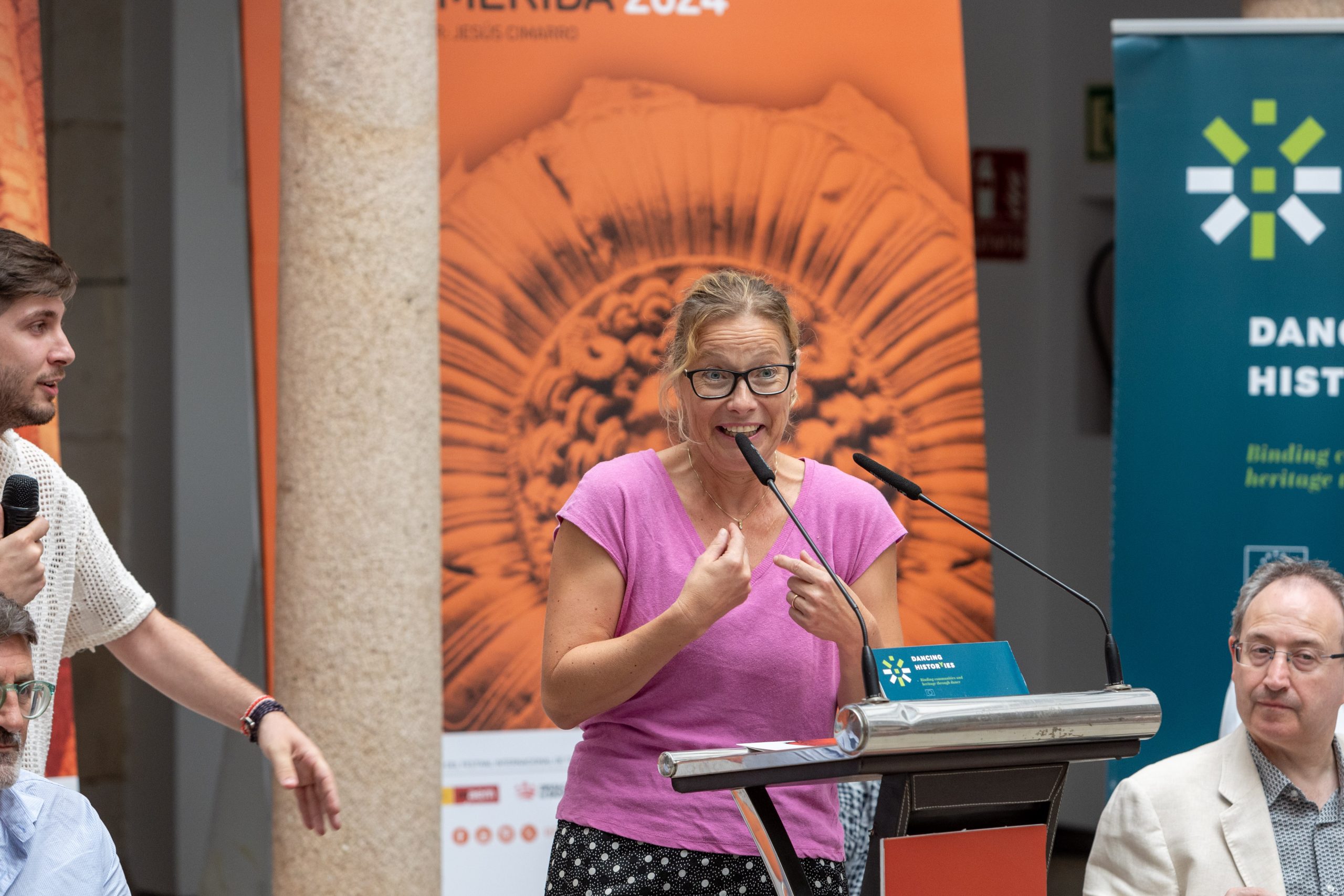
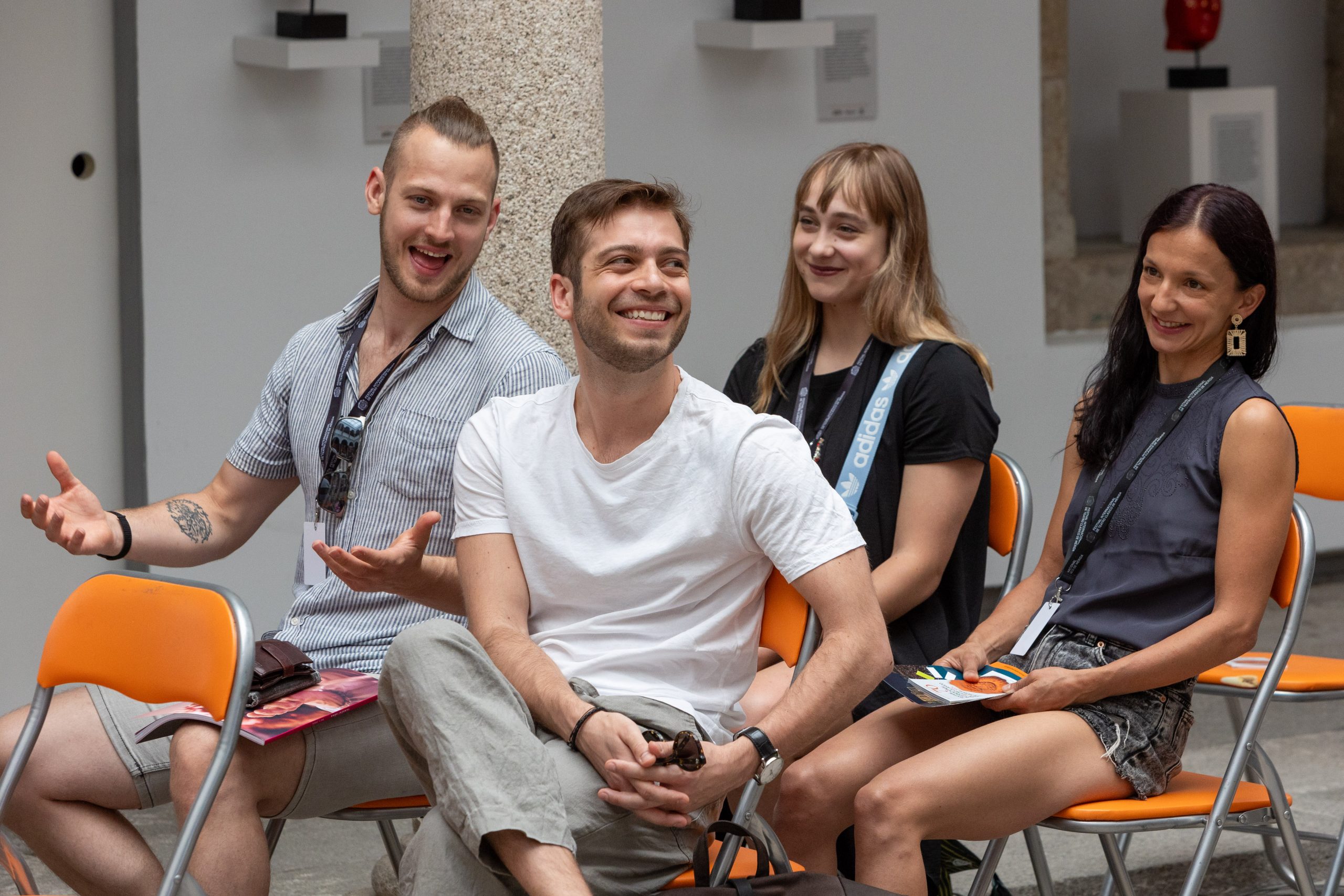
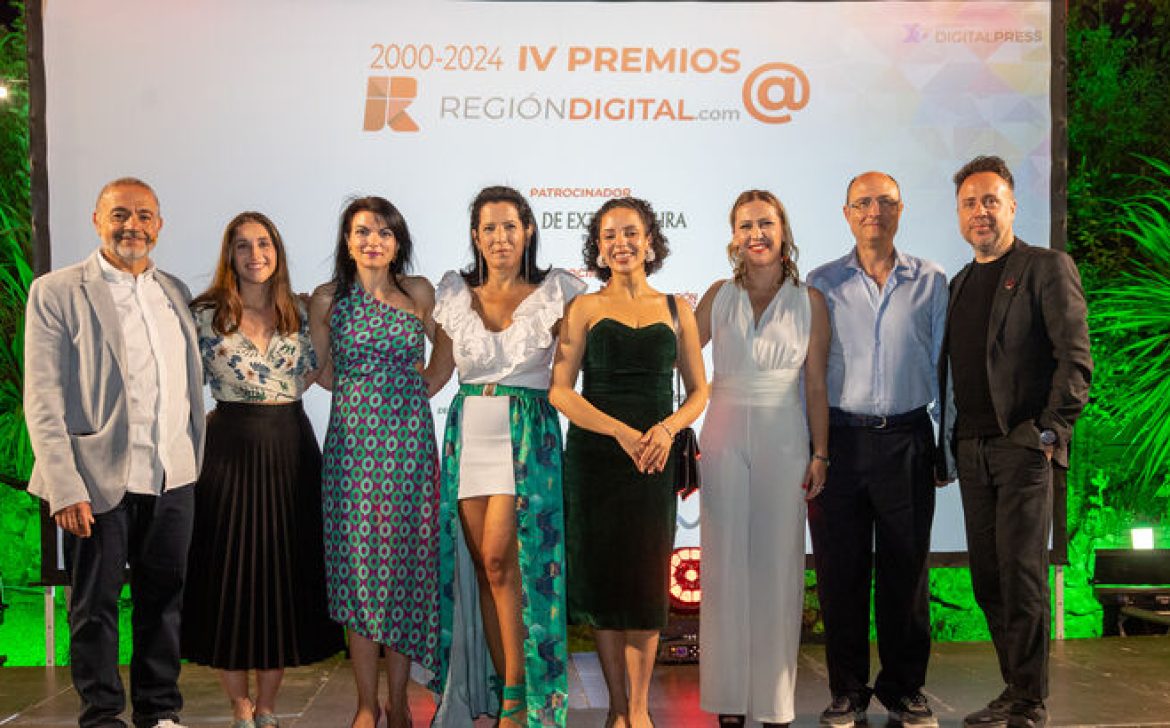
 DigitalPress Group celebrated an unforgettable evening this Wednesday with the presentation of the 4th @ Awards of their newspaper Regiondigital.com. The event took place in the charming Gardens of the Hotel Ilunion Las Lomas in Mérida and was hosted by Diego Casillas, director of Miextremadura.com, alongside Elena Cárdenas, an actress from ESAD Extremadura.
DigitalPress Group celebrated an unforgettable evening this Wednesday with the presentation of the 4th @ Awards of their newspaper Regiondigital.com. The event took place in the charming Gardens of the Hotel Ilunion Las Lomas in Mérida and was hosted by Diego Casillas, director of Miextremadura.com, alongside Elena Cárdenas, an actress from ESAD Extremadura.